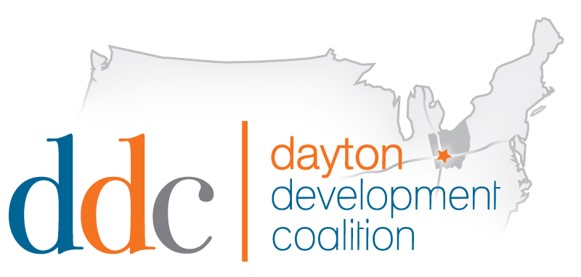|
By Hasan Abdul-Karim, Springfield News-Sun
Officials with the city of Urbana say they will have a better sense of where the city stands financially amid the coronavirus pandemic as tax filings in the coming months will paint a more accurate picture. “Income tax revenue, specifically withholding taxes, has remained consistent through April,” said Chris Boettcher, the director of finance for Urbana. “Obviously, the extension of the 2019 tax returns filing date from April 15 to July 15 has delayed collections, so we will have a better picture in late July once individuals and businesses have filed their tax returns.” It will also allow the city to adjust general revenue projections for the year as the coronavirus pandemic continues. However, there has not been a reported dip in those revenues as of May. So far, projected revenue for the city’s general fund is $7,039,000 based on pre-pandemic trends. Budgeted appropriations amount to $7,001,890, Boettcher said. A large portion of general fund revenue comes from local income tax. The projection for this year so far is $6,489,000 and $3,455,300 is to be directed to the general fund, Boettcher said. A stay-at-home order was implemented by the governor’s office in March with the hopes of curbing the spread of the coronavirus in Ohio. It called for the closing of nonessential businesses, while others that remained open were asked to tweak their operations following state guidelines. That included implementing social distancing policies at businesses. Restaurants transitioned to offering strictly carryout, delivery or curbside services. Companies that offer both nonessential and essential services were asked to focus on the latter. Ohio began gradually reopening portions of its economy in the beginning of May and businesses that had to temporarily shutter their doors have now reopened. Those businesses are required to follow state guidelines related to the pandemic, such as social distancing, increase sanitary practices and in some cases increase personal protection equipment for employees. Marcia Bailey, with the Champaign Economic Partnership, said that the economic impact affected industries differently in the county. She noted that while manufacturing as a whole was impacted, a large portion of those businesses were deemed essential and were able to stay open. But all had to adjust their operations amid the pandemic. Some saw an increase in the demand for their services, while others had to reduce production. Other businesses, such as family owned and operated restaurants and retail stores either temporarily closed or reduced their operations. Even though some of those businesses have since reopened, they are still making adjustments, said Bailey. In terms of restaurants, some have continued to rely on carry out services or have had to reduce the number of people able to dine-in due to social distancing guidelines. A grant fund has also been established in Champaign County to aid small businesses, with 50 employees or less, impacted by the ongoing pandemic. So far, there has been a total of 24 recipients with a total award of over $54,000, Bailey added. In addition, Urbana University announced in April that it would close and cease enrollment at the end of the 2020 spring semester. The closure will directly affect 350 students and 111 full-time employees, school officials said at the time. However, Urbana has not seen a dip in revenues from January to May. Boettcher said general fund revenues reported for this year is approximately $2.7 million and is similar to what was reported during the same period last year. Urbana Mayor Bill Bean said that at this point they are continuing to monitor the budget and operations have stayed relatively the same. Contact this reporter at 937- 328-0355 or email [email protected]. Comments are closed.
|
Archives
February 2024
Categories
All
|
|
CEP Office Location:
40 Monument Square, Suite 306 Urbana, Ohio 43078 937-653-7200 |
All drone photography courtesy of Jassen Dobyns of UAVisions LLC. Additional photography courtesy of Dave Millner of the Champaign Camera Group.
Website by Berry Digital Solutions, LLC Urbana, Ohio |
Click on the logos for more information.

 RSS Feed
RSS Feed










